On August 20, Fulbright University Vietnam hosted a virtual conference themed “Prospects of Economic Cooperation between Vietnam and the United States” in collaboration with the Ministry of Foreign Affairs. Guest panelists engaged in vibrant dialogues addressing the current economic cooperation between the two nations, discussed issues facing the bilateral relations, and proposed solutions to promote better economic cooperation between the United States and Vietnam in the future.
President of Fulbright University Vietnam – Ms. Dam Bich Thuy, Deputy Minister of Foreign Affairs – Nguyen Quoc Dung, and Chargé d’affaires of the US Embassy in Hanoi – Christopher Klein have made opening remarks for the conference. Joining the two panel discussions were former government officials, scholars, researchers, and leaders of businesses and associations of the United States and Vietnam.
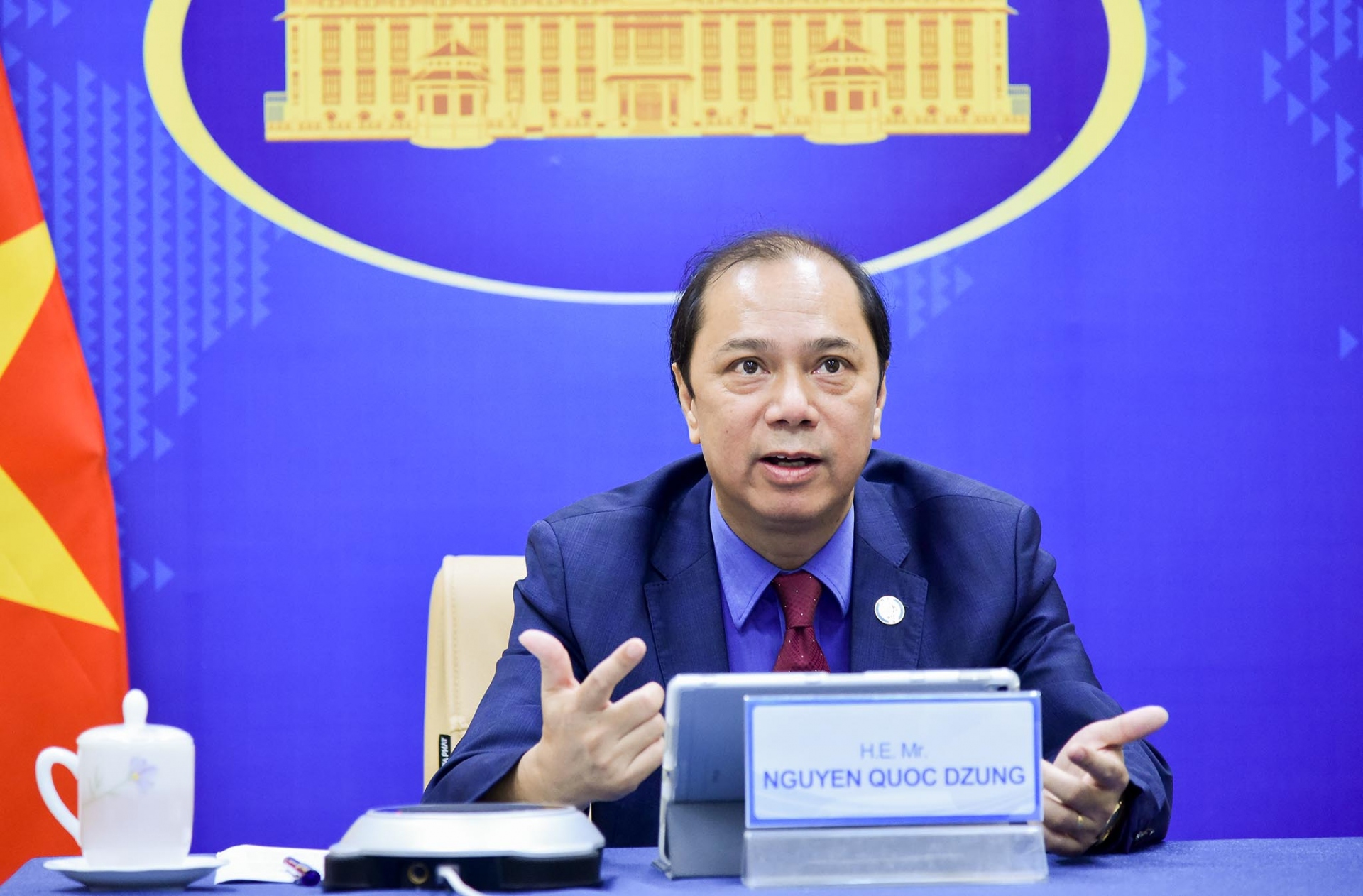
Deputy Minister of Foreign Affairs – H.E. Nguyen Quoc Dung
In his opening remarks, His Excellency Nguyen Quoc Dung emphasized that the Vietnam – U.S. relations have made significant strides since 1995, with the most salient aspect being the economic cooperation. With a comprehensive partnership, trade and investment flows from the U.S. have paved the way for Vietnam to further our international economic integration and gradually boost growth, thereby moving away from the status of a less developed to a middle-income country. For American businesses, Viet Nam’s fast-growing market of 100 million people with a young, industrious workforce seems to be highly promising. The country’s increasing demands for development and its being situated in one of the most dynamically growing areas of the world also offer great opportunities likewise.
“All in all, we do see the benefits, the potentials and the importance of moving forward Viet Nam – U.S economic cooperation. The question is how and what should we do to tap on opportunities, maximize benefits and duly address outstanding constraints to achieve that aim,” the Deputy Minister remarked.
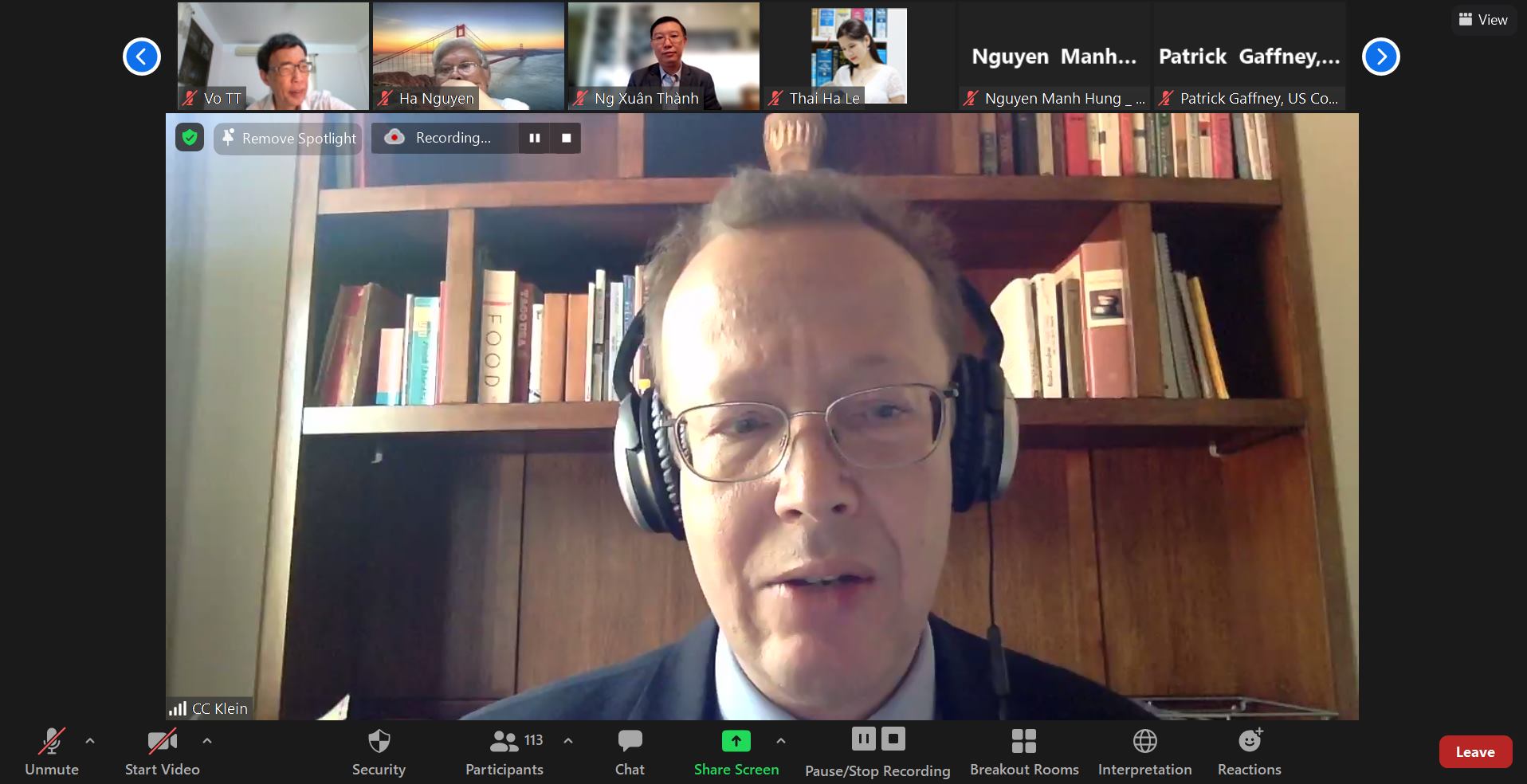
Chargé d’affaires of the US Embassy in Hanoi – H.E. Christopher Klein
Prominent issues
Discussing the current state of bilateral cooperation, experts focused on analyzing outstanding issues such as trade imbalance, currency manipulation, and prospects for regional trade agreements.
According to Mr. Nguyen Xuan Thanh, Senior Faculty at Fulbright School of Public Policy and Management, despite the impact of the Covid-19 pandemic since last year, the main growth engine of Vietnam’s economy remains commerce. Despite the decline in domestic consumption due to the impact of social distancing and other restricting measures, Vietnam continues to trade with the world, and export growth was a major factor in 2020’s economic development. Trade diversification proved to be valuable in that while Vietnam’s exports to the EU and Asian markets are affected, it was compensated for by exports to the US and China.
Mr. Nguyen Dinh Luong, Vietnam’s former chief negotiator for the U.S. – Vietnam bilateral trade agreement (BTA), commented that the U.S. has always been Vietnam’s leading export market since the BTA was signed in 2000. Trade has become a pillar of the growing bilateral relationship of the two countries. With the U.S. market standing as the second-largest free-market competition in the world and import and export taxes accounting for less than 2% of the U.S. budget revenue, all countries in the world have export advantages to the U.S. market, not just Vietnam. Another reason for Vietnam’s trade surplus with the U.S. is because the U.S.’s import-export structure has always been a trade deficit in goods and an export surplus in services, Mr. Luong analyzed.

Prof. David Dapice, leading expert on development economics in Southeast Asia, Harvard Kennedy School, Harvard University, highlighted that the development of economic cooperation between Vietnam and the United States is very “spectacular”: Vietnam’s total export turnover to the United States has skyrocketed from 1 billion USD in 2000 to 10 billion USD in 2007, which can be greatly tributed to the BTA. After 2007, Vietnam’s exports to the United States continued to increase. On the one hand, this growth was due to the shift in the global supply chain; on the other hand, foreign investors entered Vietnam to take advantage of cheap labor costs when China raised theirs. According to Prof. Dapice, another reason is that FDI enterprises in Vietnam are mainly export-oriented.
Guest speakers joining the virtual roundtable agreed that Vietnam and the United States continue to face a number of challenges such as trade imbalances, obstacles in entering markets for goods and services, as well as difficulties in administrative procedures and legal framework hindering US investment and business activities in Vietnam.
The future ahead
Vietnam is gradually becoming a production hub of the region, attracting FDI and organizing the production of processed and manufactured industrial products for export. This is an irreversible trend because of ongoing influencing factors such as U.S. – China trade tensions, or the transition of the global supply chain.
According to Mr. Nguyen Xuan Thanh, although it is not clear what specific trade policies under the new administration of US President Joe Biden are, it is known that Mr. Biden is a supporter of multilateralism and international cooperation. At the same time, as Deputy Minister of Foreign Affairs Nguyen Quoc Dung mentioned in his speech, Vietnam’s strategy is to integrate deeply into the global economy, multilateralize economic relations, and take advantage of free trade agreements (FTAs) for current and future development of Vietnam’s economy.

Mrs. Virginia Foote, President and CEO of Bay Global Strategies LLC, commented that the U.S. trade deficit with Vietnam is partly due to the fact that the Vietnamese market is not friendly to imports from the U.S., especially investment in services, and implementation of foreign ownership limits in many sectors. Vietnam is an economy still struggling to find ways to implement structural reforms. In addition to the need to reform administrative and legal procedures, improve soft infrastructure, improve mid-level management skills for the workforce and keep up with international standards, Ms. Virginia Foote suggested that Vietnam should focus on developing the digital economy because there are currently no companies and industries that are not relying on digital economy; from e-commerce or e-payment to e-government.
On digital transformation, Mr. Hoang Nam Tien, Chairman of FPT Telecom JSC, shared that the company has just launched the first version of E-Covax (Economy Covax), a digital solution that helps businesses operate and continue their business without disruption during the Covid-19 pandemic. “With 8 years of experience working with leading corporations in the U.S., we see that the U.S. has a lot of solutions suitable for businesses, including small and medium enterprises in Vietnam. I hope that organizations in the U.S. will support us with not only medicines, vaccines, endowments, or food, but also sending us doses of E-COVAX. Because, 0.3% of Vietnamese people are currently infected with Covid, but 8% of Vietnamese businesses had to close due to the impact of Covid,” he shared.
H.E. Pham Quang Vinh, former Vietnam Ambassador to the United States, said that Vietnam can take the pandemic as an opportunity to start participating in the supply chain of manufacturing medical supplies or vaccines, or the supply chain of technology, such as semiconductor chip production because the United States is looking to reduce dependence on China in this field. “There are some areas where Vietnam can cooperate very well with the US such as electricity and energy. I very much look forward to Vietnam improving its business environment to turn the challenges of shifting the current supply chain into opportunities,” shared H.E. Vinh.
Guest speakers such as Mr. Hoang Nam Tien and Mr. Chris Malone, CEO of Panl, a strategic consulting firm focusing on projects in Southeast Asia with high social impact, shared the prospect of U.S. investment in education for Vietnam, especially educational technology (ed tech).

Mr. Chris Malone, CEO of Panl
“I see a future when Vietnam can do digital transformation in the education sector; this will create opportunities for domestic and foreign educational technology providers. If that comes true, Vietnamese businesses in education technology will also have the potential to export at least to the ASEAN region,” Mr. Chris Malone contended.
- Thúy Hằng
Related Articles
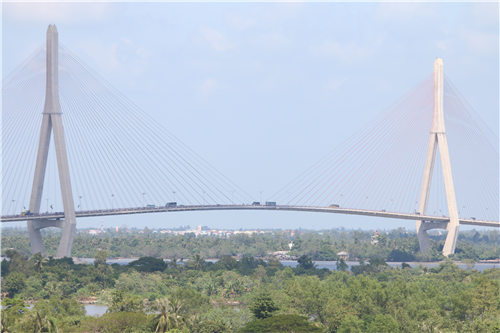
Fulbright University Vietnam receives US$1 Million to launch academic program “Natural Capital Management”
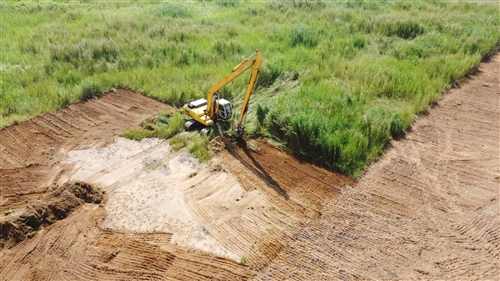
DFC Commits $37 Million for Fulbright University Vietnam’s New Campus


